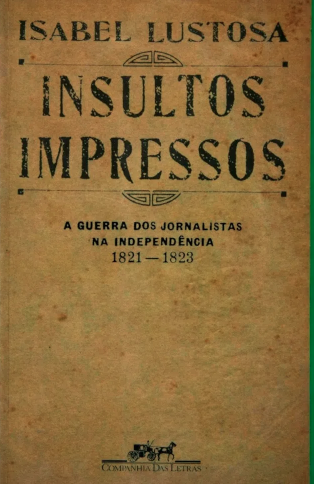Digital Insults Or Why We Believe And Care About The Wrong Things? – OpEd
The internet and social networks allow the greatest access to information that humanity has ever had the opportunity to enjoy. When typing on Google how to buy a kayak or who was the third president of Zambia in less than 1s, 3.4 million answers to the first question and 404,000 to the second appear. It is virtually possible to find any kind of information on the world wide web.
Hence, one wonders why people believe (do they really believe?) in so many news that are obviously false and spread millions of “fake news” every hour, many of them are much more related to political opinion or belief in values. Worse still, we are obliged at every moment to worry about situations whose veracity may be more or less difficult to infer according to the degree of associated technicality. The COVID-19 pandemic is a very good example. The health crise has a constant presence of contradictory news in all kind of media.
Perhaps an answer could be found in Isabel Lustosa’s book: “Digital Insults”. I provide a transcript, a short excerpt:
“The situation of instability and uncertainty that our country EXPERIMENTS …. The democratization of the INTERNET, brought to the DIGITALS tools, the elements of cultural orality in their most popular and colloquial drives.
The INTERNET allows that the elite with no previous public life experience began a political debate with a robust influence of their own private life’s……” and I add, the debate includes the best and the worse of people.
Some readers may be wondering how inattentive I am typing some words in capital letters.
In fact, I purposely altered Isabel Lustosa’s text and also the title of her book, actually Printed Insults. The book tells the story of Brazilian Press at the time of Independence (1821–1823). To be correct we need to replace the words Experiments, Internet and Digital as follow:
“The situation of instability and uncertainty that our country EXPERIENCED …. The democratization of the PRESS, brought to the NEWS elements of cultural orality in their most popular and colloquial drives.
The PRESS allows that the elite with no previous public life experience began a political debate with a robust influence of their own private life’s…….”

Even though it is a relatively recent work (Companhia das Letras, 2000), Isabel Lustosa portrays facts that happened almost two hundred years ago and yet it seems that her text is reporting the last 15 days. The democratization of unlimited information is allowing abuses and unwise use of the wealth available for people’s learning and intellectual growth.
Credulity, bad faith or the inability to digest so much information will further increase our inability to manage risks in our society?
Time magazine itself, in its December 4, 2006 edition, already addressed the issue by calling attention to the fact that we worry about wrong things.
Gerd Gigerenzer, a psychologist from Max Planck Institute in Berlin, published a paper in 2004 about fatalities in travel in USA in the following year after the 9/11 terrorist attacks.
During the first year, soon after the 9/11 the Americans by fear, shifted the use of planes to cars for domestic travels. The accidents soared. The research showed that the number of fatalities in the first year after 9/11 increased in around 1.600 deaths compared in average with previous and posteriors period of the terrorist action. The families lost their relatives, thinking about road crashes and never about a hidden and collateral aspect of Bin Laden action.
I believe that even Bin Laden could not expected this terrible achievement for its evil plan. The paper suggests that the number of Americans who lost their lives on the road by avoiding the risk of flying was higher than the total number of passengers killed on the four fatal flights.
Almost 50% more victims were the result to be worried about the wrong thing.
The phenomenon of sprayed fake news only contributes to wrong decisions. We need to reflect about that.
By the way, Zambia’s third president was Levy Mawanawasa, having ruled between 2002 and 2008.
*About the author: Fernando Almeida Prado Jr., is a Civil Engineer. Energy Planning, PhD. Always interested in learning and sharing knowledge.
This article was also published in https://medium.com/@fernandoalmeidapradojr/digital-insults-or-why-we-believe-and-care-about-the-wrong-things-d209db6f0bdb
References:
Lustosa, Isabel. Isultos Impressos. A guerra dos jornalistas na independência, 1821–1823. Companhia das Letras, 2000.
Gigerenzer, Gerd. Dread risk, september 11 and fatal traffic accidents. Psychological Science, vol 15, issue 4, 2004.

